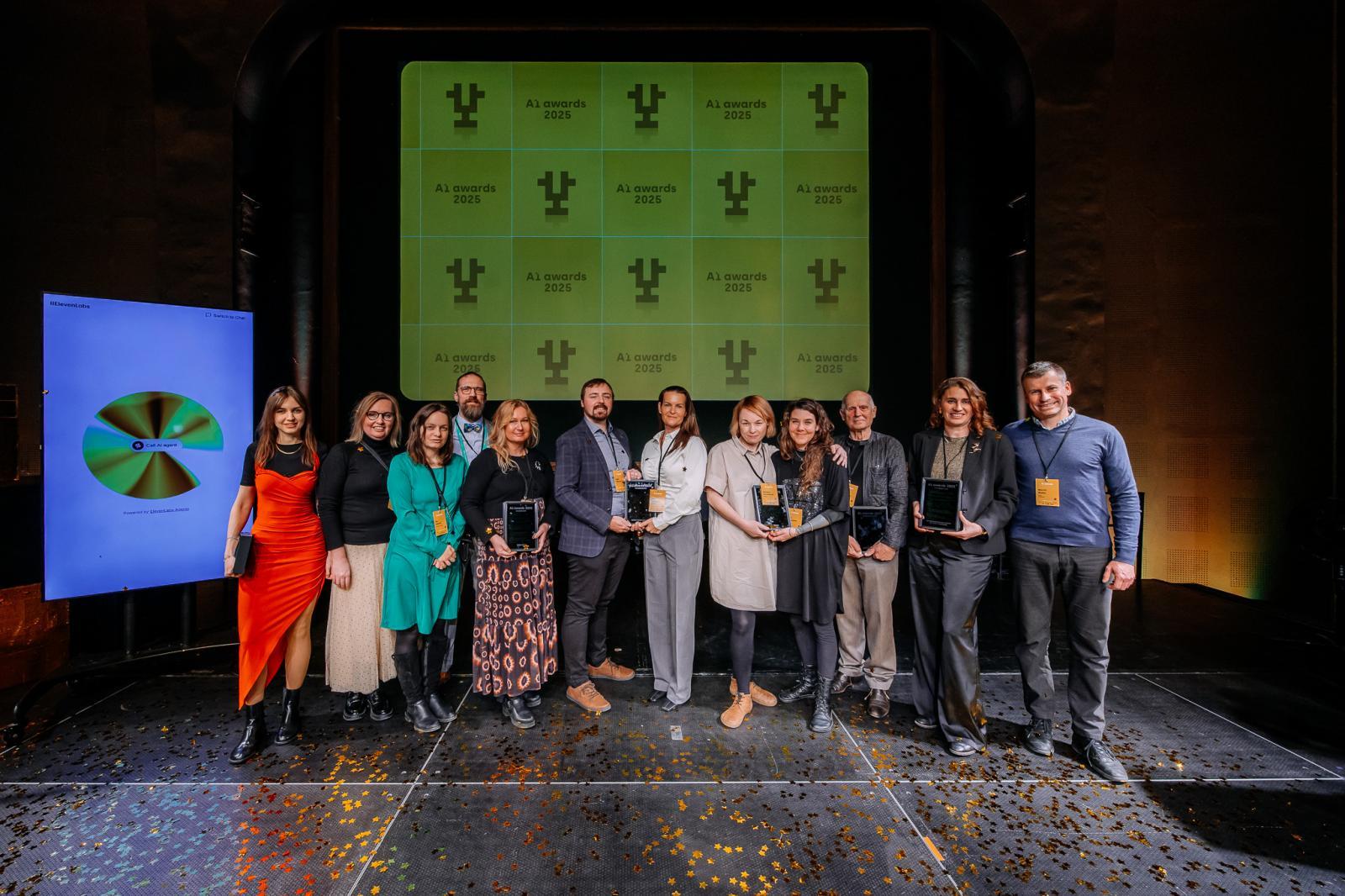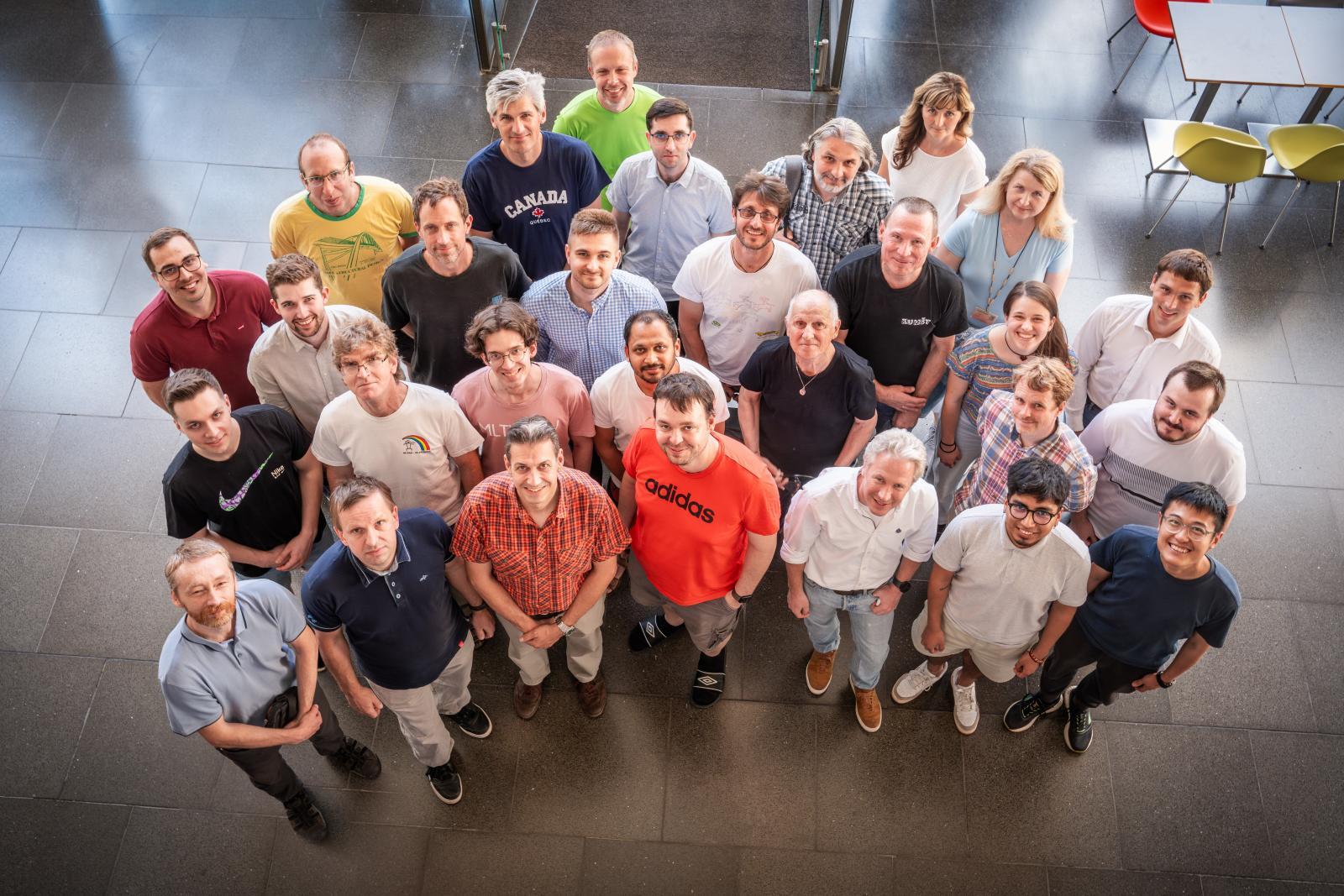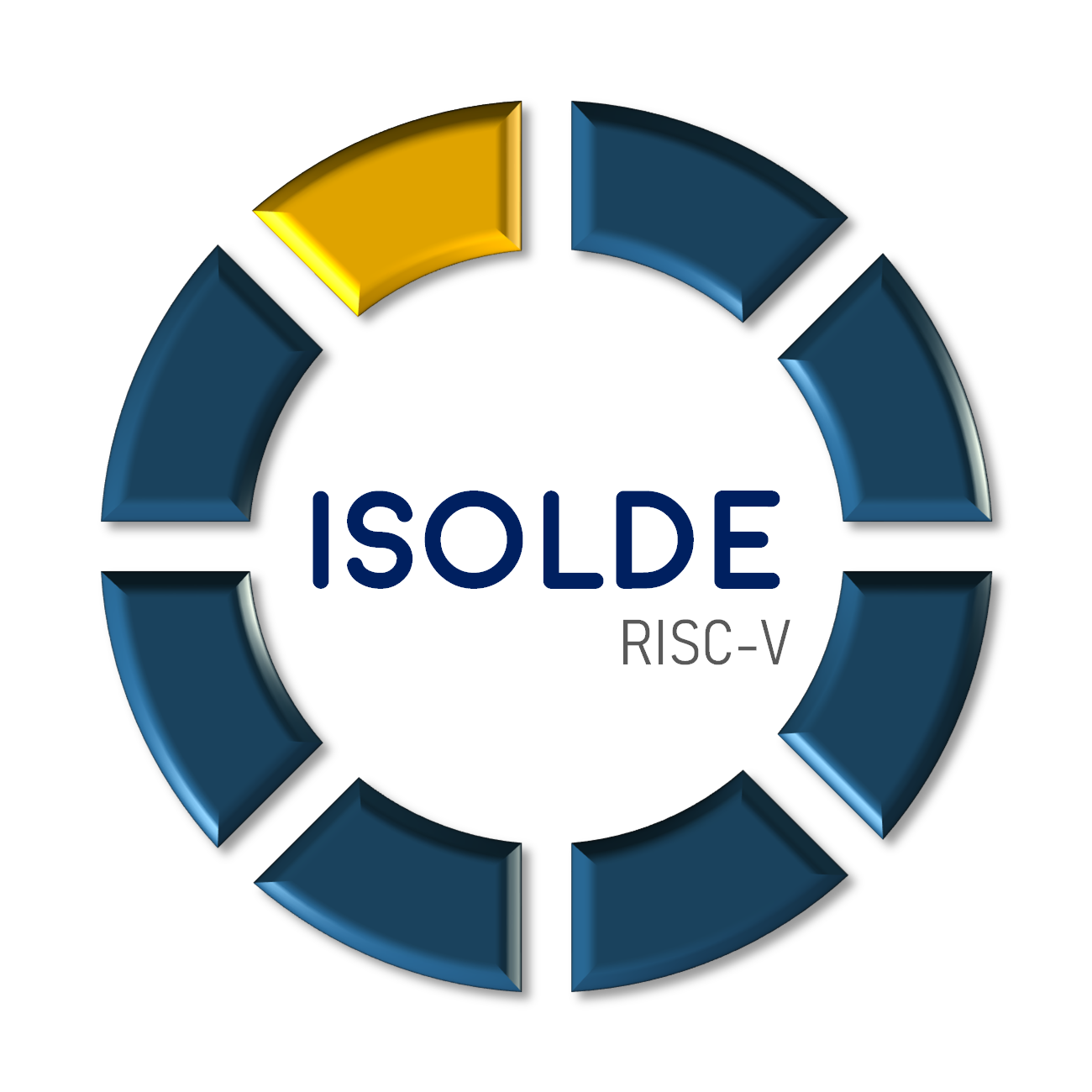AI Awards for Professor Hynek Heřmanský: The significance of an extraordinary scientific figure recognized at home as well
|
On Thursday, December 4, this year's AI Awards were presented at Vzlet in Prague. These are the only professional awards in the field of artificial intelligence in the Czech Republic. Professor Hynek Heřmanský, who has close ties to the Faculty of Information Technology at Brno University of Technology and Brno University of Technology in general, received one of the six awards presented this year: Specifically, for his long-term and extraordinary contribution to the development of speech recognition and machine processing, which is a key discipline in today's artificial intelligence. Without exaggeration, we can describe him as a personality who has contributed to shaping the current form of speech recognition and neural networks. Broadly speaking, his research focuses on the detection, identification, classification, and reconstruction of information from sensory signals. Heřmanský's fundamental influence on the field is confirmed by a number of top international awards, including the ISCA Medal (2013), the IEEE Award (2020), and the status of IEEE Life Fellow. Heřmanský's personal and professional journey is in itself an incredible story of what a Central European with a passion for modern technology has been able to achieve in recent decades. And this despite historical circumstances. He was born in 1946 in Nové Město na Moravě, graduated in electrical engineering from the Brno University of Technology in 1972, and after various vicissitudes, he managed to travel abroad and study for his doctorate at Tokyo University in Japan. In the 1980s, he was already working in the United States in industrial research for companies such as Panasonic Technologies and U.S. West Advanced Technologies. In the first half of the 1990s, he became a professor at the Oregon Graduate Institute in Portland, where many Czech students (especially from Brno) came to study with him at the beginning of the millennium, for whom it was a turning point in their careers. This was also commented on by Professor Honza Černocký, who leads the "speech" research group at FIT and was also a member of the AI Awards expert jury: "Hynka's lifetime achievement award is also a recognition of the fact that at BUT we can do science at a decent level in this field, that we have talented people at the faculty, and that we have international projects and contacts. The period around 2000, when our entire Brno group gradually passed through Hynka's laboratory in Oregon, was a crucial period. We moved from local conditions to the center of world events in speech processing, which is also called artificial intelligence today." Hynek Heřmanský himself approaches the award with unfeigned modesty and perspective: "Honestly, I'm happy about it. But I have no idea how they found me. I absolutely did not expect the invitation. I receive awards abroad, but at home it's a surprise. I don't think many people outside professional circles know about me here. I don't crave fame; in fact, I would actively resist it." 
In 2003, Heřmanský moved to Europe when he took up the position of research director at the prestigious IDIAP Research Institute in Martigny, Switzerland. He was also appointed titular professor at the Swiss Federal Institute of Technology EPFL in Lausanne. At the end of 2008, he took another major step – he accepted an offer from Johns Hopkins University in the USA and also became head of the prestigious Center for Language and Speech Processing (CLSP). He headed this center for 12 long years. His team at JHU included dozens of experts and students from around the world. Since 2022, Hynek Heřmanský has been a professor emeritus at Johns Hopkins University. He continues to maintain close ties with Czechia, which is made easier by the fact that he now spends most of the year in Brno. He works as a researcher in the Brno-based Speech@FIT research group, where he helps lead projects and mentor young scientists. His scientific career has thus symbolically come full circle: after five decades abroad, he has returned to the place where he studied at university. And he continues to pass on his experience to the next generation of Czech researchers. We are grateful to him for that! It should be added that the AI Awards aim to highlight successful stories, personalities, companies, and organizations that have significantly contributed to the development of artificial intelligence in Czechia. In addition to Hynek Heřmanský, this year's awards went to the EDIH CTU center for creating the ADAM chatbot for the audit body of the Ministry of Finance; the Department of Social Work at the Faculty of Arts of Charles University for the deployment of artificial intelligence to reduce the administrative burden on social workers; the multi-robotic systems team of the Faculty of Electrical Engineering of the Czech Technical University and Fly4Future for their success in the Autonomous Drone Racing League competition; the AI for Children initiative with its artificial intelligence curriculum for primary and secondary schools; and finally, the Czech technology company E2B and its solution for the safe development of AI agents. This year's AI Awards were held under the auspices of Czech President Petr Pavel. The AI Awards are organized by the Czech National AI Platform, and the main partner of the event is the innovation agency JIC. We will return to the life story and scientific journey of Hynek Heřmanský in a longer article in the coming days. 

|
![[img]](https://www.fit.vut.cz/fit/news-file/d312110/HH_1600.jpg)


![[img]](https://www.fit.vut.cz/fit/news-file/d311836/MVIMG_20251203_135831_1600.jpg)
![[img]](https://www.fit.vut.cz/fit/news-file/d311715/Foto_jedli__ka__1__1600.jpg)



